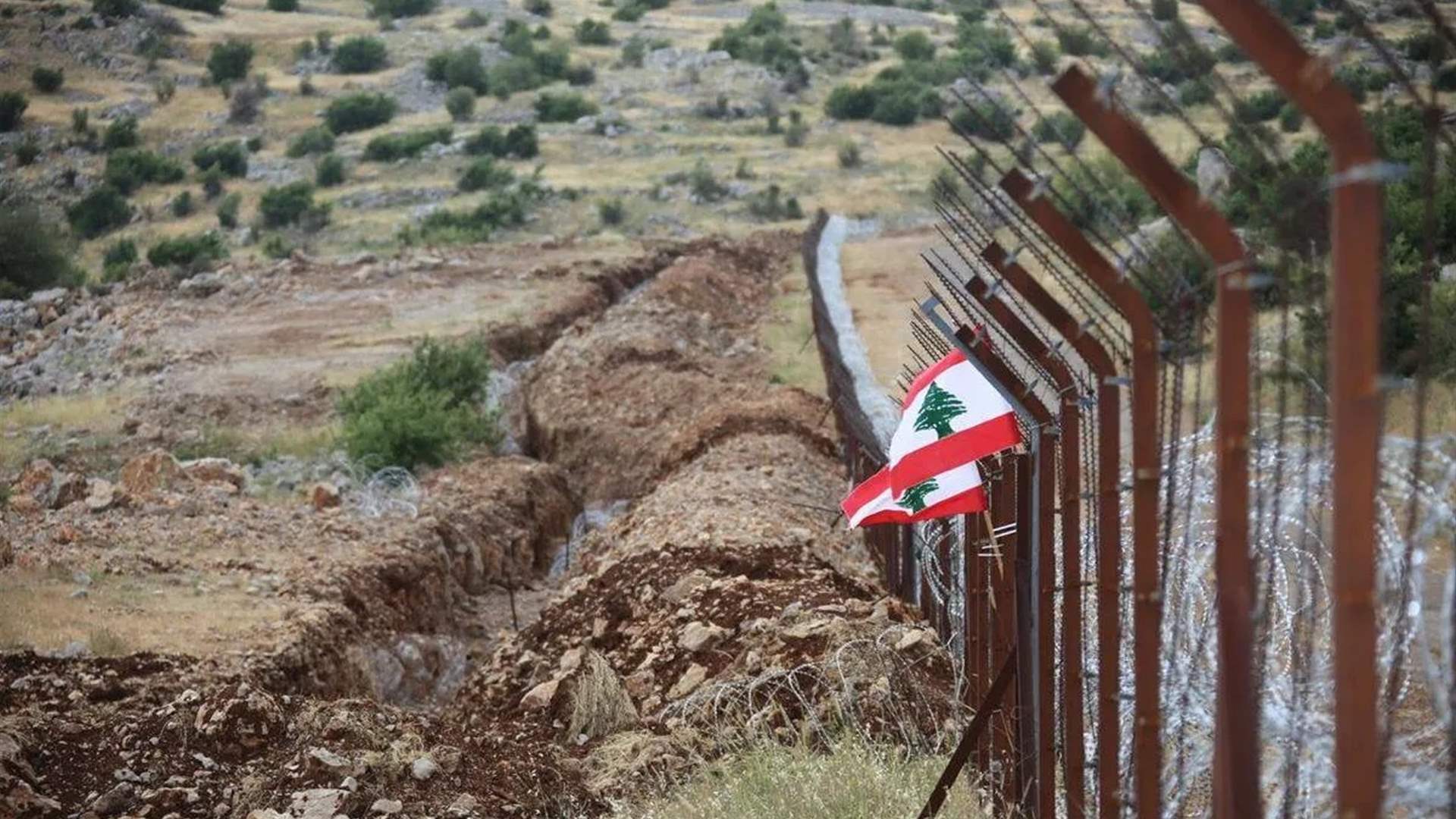On Wednesday, Under-Secretary-General for United Nations Peace Operations Jean-Pierre Lacroix met with Lebanese President Joseph Aoun and Speaker of Parliament Nabih Berri.
Aoun expressed that Lebanon is keen on the continued presence of the United Nations Interim Force in Lebanon (UNIFIL) to fully implement UN Resolution 1701 in cooperation with the Lebanese Armed Forces.
The president also expressed wishes that international donors that finance peacekeeping missions are able to secure the necessary funding for UNIFIL’s work, according to Naharnet. The talks also discussed the importance of extending the peacekeeping mission’s term for another year.
Recently, tensions in the South have sparked again during an altercation between UNIFIL personnel and local community members. Concerns quickly skyrocketed across Lebanon, as UNIFIL stands as the last line between Israeli forces and Lebanon, with its headquarters and staff repeatedly targeted by Israeli fire. As such, any threat to the mission’s continued presence is seen as a threat to face more emboldened Israeli forces.
Hezbollah Announces Non-Neutrality
In a statement on Thursday, Hezbollah Secretary-General Naim Kassem expressed that the party is not neutral with regard to the latest regional developments, stating that Hezbollah supports “Iran’s legitimate rights and sovereignty”.
Importantly, he added that the party will “act as [they] see fit in response to the brutal Israeli-US aggression.”
In a separate statement, Hezbollah also described the threats to assassinate Iranian Supreme Leader Ali Khamenei as “foolish and reckless, with disastrous consequences.”
The party’s statements sparked concerns among the Lebanese population as to the possibility of the country being involved in all-out warfare again. Many see such involvement unlikely given Hezbollah’s seemingly weakened military capacities and strategic positioning, while others might view the ongoing developments as a chance to “overwhelm” Israel’s defense systems.
Fragile Stability
According to the World Bank press release on Thursday, Lebanon’s real GDP is projected to grow by 4.7% in 2025 due to anticipated reforms, tourism, increased consumption, and limited capital inflows.
The statement warns, however, that such economic outlooks remain dependent on a fragile politico-security environment, whereas unresolved financial issues continue to impede large financial inflows and private investments.
“Recent political developments brought a renewed momentum and offer an opportunity to address the fundamentals of Lebanon’s overlapping financial, economic, and institutional crises,” said Jean-Christophe Carret, World Bank Middle East Division Director.
The main driver of tensions in the region, Israel’s genocidal campaign in Gaza, has continued. On Thursday, Israeli fire killed at least 72 people, including 21 who had gathered to receive aid, according to Gaza’s civil defense agency.


